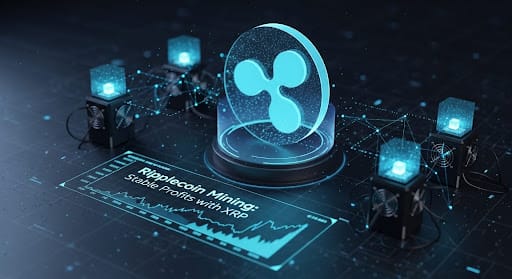Research finds 88% of all the Bitcoin Lightning Network nodes are under North American and European control
A report from the University of Vienna shows that North America and Europe control the Lightning Network, with 45% and 43.1% of the world’s nodes, respectively. In North America the Lightning Network has gained popularity in the United States. While crypto adoption is up in Latin America, it has few nodes in the Lightning Network. As noted in the findings, most Lightning Network nodes are distributed over large urban centers and a growing share of nodes were found in channels that speak the same language or having a similar culture. Despite its initial growth, the Lightning Network still lags Ethereum in the number of Bitcoin tokens on the network.
Why it matters: Bitcoin is increasingly being used in larger amounts, which may mean that platforms like the Lightning Network will become redundant in the coming years. While Bitcoin was thought of as a global currency platform, larger investors may end up turning it into a kind of digital gold, that isn't used for small-scale transactions. Many other platforms offer greater speed and lower costs, like Ripple. That said, Bitcoin still has a first mover advantage, as well as global name recognition, which may help the Lightning Network to continue to be an attractive option for people that want to make small, fast, Bitcoin transactions.




